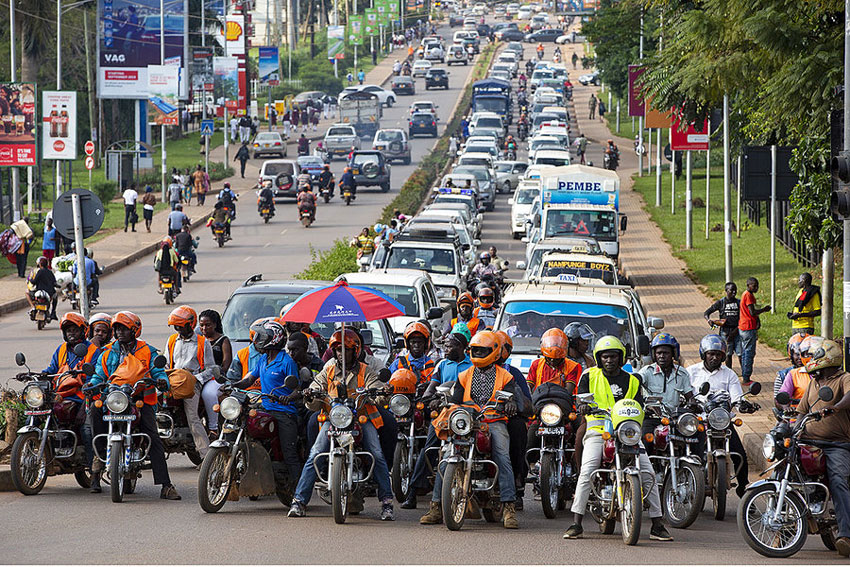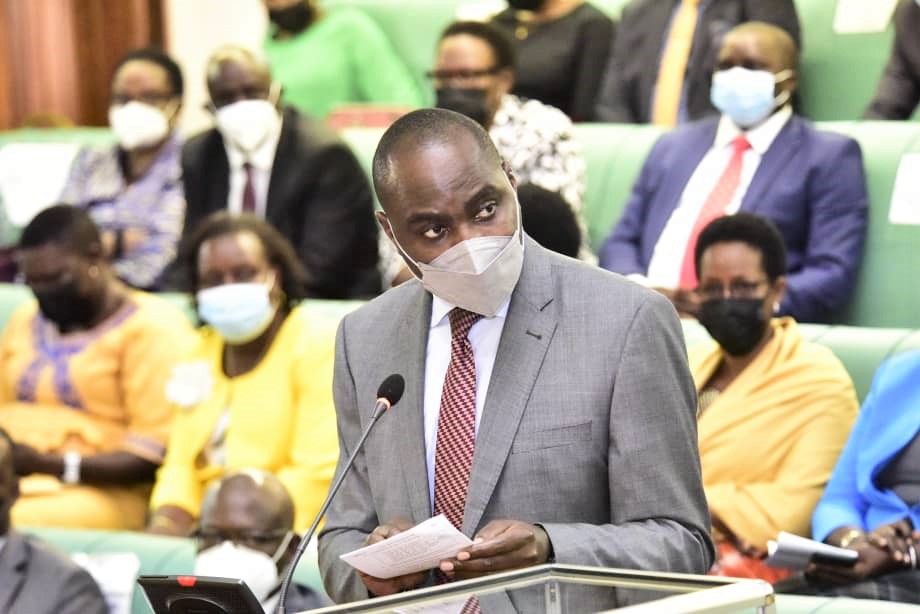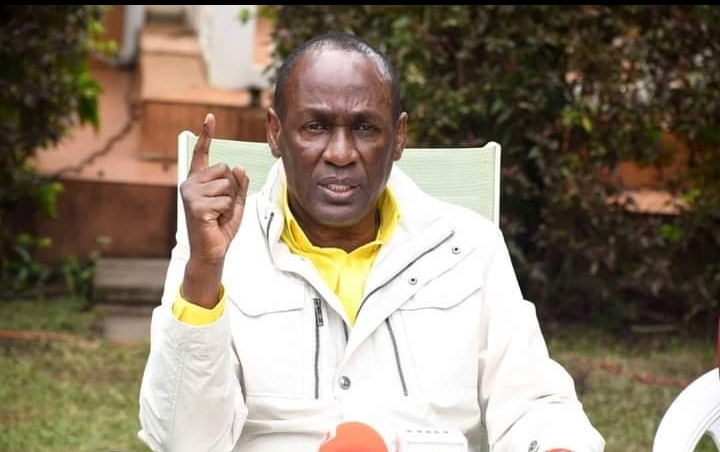It is true. Kampala was initially built by the poor, not the rich. Since its very beginning Kampala has been numerically dominated by the poor. They have not been staying but working in the city during the day and withdrawing to their more rural areas at night.
Today the more ruralised area surrounding the city are a more developed peri-urban, increasingly urbanised area, with skycrapers, markets, supermarkets, hotel, sc schools, hospitals, garages, etc.
There is a lot of human traffic between the city and the periphery, whose human population is rising supersonically. Unfortunately, transportation planning has been largely either poor or ignored in the last 36 years. If there has been planning of anything at all, it has been ineffective.
The bus system and railway system, which are the main means of transport in modern cities of the world, were left to decay and collapse as power and those connected preferred motorcycles and taxis, which they own, almost 99%. The idea of Standard Railway System, which was successfully implemented in Kenya, and Tanzania remains a sweet dream.
While other modern cities of the World are served by high rise roads to relax congestion of roads with vehicles and human beings, Ugandan leaders have left the city to manifest in the 21st as if it is oscillating between 20th Century and the 21st Century. Taxis and Boda Boda dominate both the centre and periphery of Kampala City. The same is still true of the other new cities and towns in the country.
It seems Government is overwhelmed. Many times efforts have been applied in the past to conquer the dominance of taxis and boda boda of the Uganda Transport System without success. Many more firms selling or hiring boda boda to Ugandans and some non-Ugandans have sprang up. Almost anybody can get a motorcycle to do boda boda business. This has of course contributed to the rising frequency of accidents on our roads. Many unworthy taxis, and other vehicles, still ply our roads: another reason why travelling on Uganda roads is becoming extremely risky. It could be that such vehicles still ply the roads because the owners are in power or connected to power.
There are renewed efforts to get boda bodas and taxis (and most likely lorries) from the centre of Kampala City to conquer congestion and vehicular pollution. This is an uphill task, just as it has been in the past.
The best course of action should have been to orient the National Budget away from politics, especially power retention, to improving the country’s transport system with efficient and reliable bus system and railway system. Anything short of this is wastage of time and energy.
A good transport system is integral to environmental development. A country with poorly developed transport system is environmentally underdeveloped, and will be underdeveloped in other respects. The most critical underdevelopment is poor management of time on our roads. More time is spent by workers overcoming traffic jams than working in offices, factories or universities, to name but a few. This reflects failed leadership, unfortunately.
Failed leadership is not entirely bad. It reminds us of what went wrong, what we should have done, what we should do, how and how soon. It gives us an opportunity to rethink current leadership and governance altogether. It makes us grasp the truism that when we are greedy, we hurt the whole (Uganda), of which we are a part by denying it public services for self-aggrandizement. When we hurt the whole we hurt ourselves, our children and children’s children because we all belong here and suffer the consequences.
If Uganda fails to fit in the 21st Century because we ignored it to satisfy our greed and selfishness; because we made wrong choices, we should not blame God. We should blame the leadership we preferred, but more important, ourselves. We surrendered all thinking to the leadership. And we are suffering the dire consequences. It is as if we are facing the 20th Century, not the 21st Century.
For God and My Country
Do you have a story in your community or an opinion to share with us: Email us at Submit an Article









